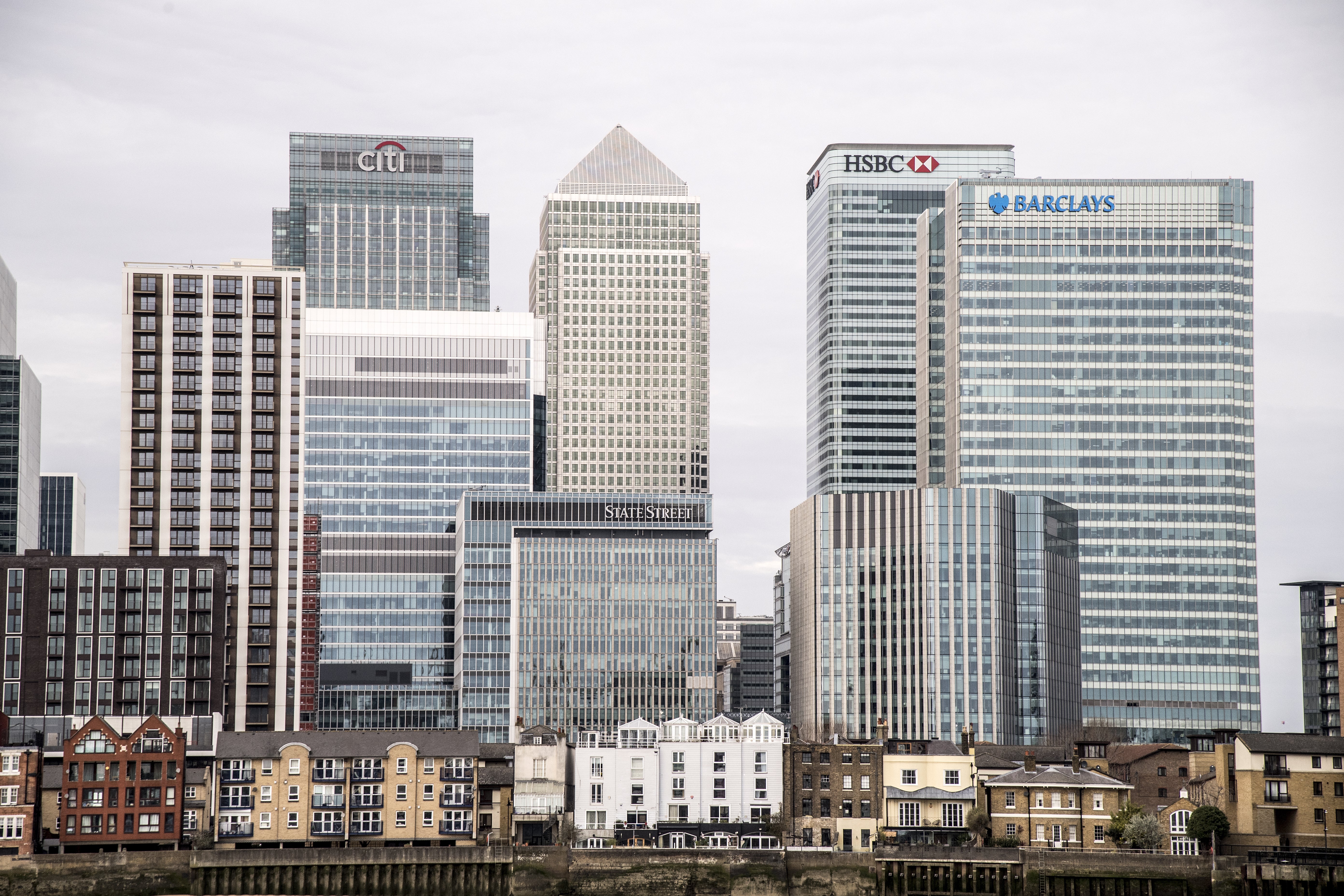Banks to save £4bn over five years from cut in surcharge tax
The Chancellor said a banking surcharge will be reduced from 8% to 3%.

Your support helps us to tell the story
From reproductive rights to climate change to Big Tech, The Independent is on the ground when the story is developing. Whether it's investigating the financials of Elon Musk's pro-Trump PAC or producing our latest documentary, 'The A Word', which shines a light on the American women fighting for reproductive rights, we know how important it is to parse out the facts from the messaging.
At such a critical moment in US history, we need reporters on the ground. Your donation allows us to keep sending journalists to speak to both sides of the story.
The Independent is trusted by Americans across the entire political spectrum. And unlike many other quality news outlets, we choose not to lock Americans out of our reporting and analysis with paywalls. We believe quality journalism should be available to everyone, paid for by those who can afford it.
Your support makes all the difference.Banks are set to save £4 billion in taxes over five years from a cut to the banking surcharge in April 2023, according to the Budget.
A surcharge of 8% was cut to 3% by Chancellor Rishi Sunak to “maintain the competitiveness of our financial services”, he said.
As a result, the amount paid by banks will fall by £220 million next year, £830 million in 2023/24; £975 million in 2024/25; £995 million in 2025/26 and £1.02 billion in 2026/27, the Budget Red Book states.
The financial sector has been lobbying hard for a cut to the tax, warning that the tax on institutions would leave them uncompetitive with international rivals, particularly in the US.
Mr Sunak had previously announced plans for a review of the tax in light of the rising corporation tax rate.
He told Parliament: “The overall rate of corporation tax on banks will in 2023 increase from 27% to 28%, and will remain higher than the rates paid by other companies.
The Chancellor added: “Small challenger banks are improving banking competition which is good for the sector and good for consumers, so to help them I will also raise the annual allowance to £100 million pounds.”
This is a rise from the current threshold of £25 million before the surcharge kicks in, adding around 35 banking groups who will fall out of the scope of the surcharge completely.
Banks currently pay 27% tax on their profits, made up of 19% corporation tax and 8% bank surcharge.
The Treasury said: “We are not only retaining a bank surcharge, we are also retaining other bank-specific taxes and interventions.
“By keeping the bank surcharge in place from 2023, we will ensure that banks will continue to pay a higher rate on their profits than most other business.
“As well as the bank surcharge, we also have the Bank Levy, a charge on banks’ balance sheet liabilities.”
It added: “If the surcharge remained the same, from 2023 banks would have had to pay an effective rate of 33% on profits, higher than the rate in New York, US (26%), Frankfurt, Germany (32%) or France (29%, but intending to reduce to 25.8% by 2022), making UK bank taxes a major global outlier.”